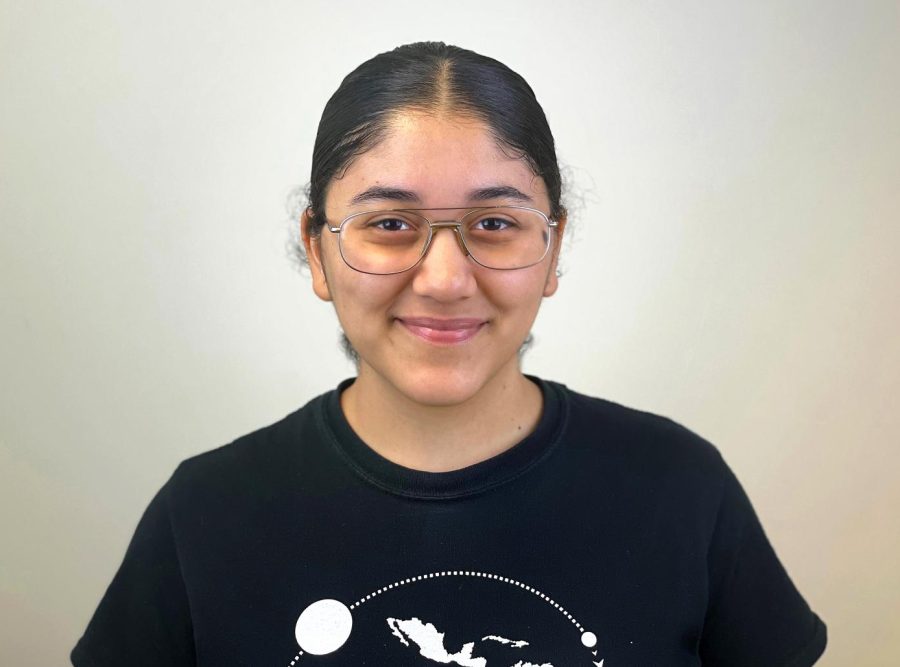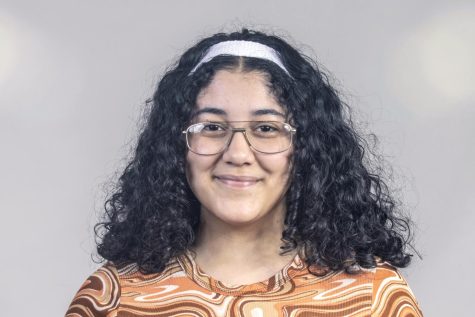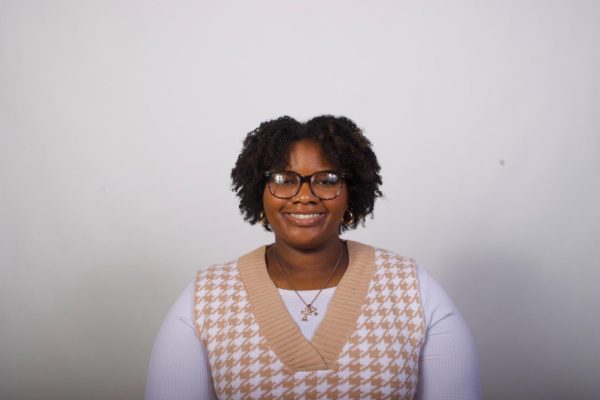COLUMN: Vaccine hesitancy is dangerous
September 20, 2021
If you have been on Twitter at all last week, then you probably saw the discourse that started when rapper Nicki Minaj was asked by a fan if she was attending the Met Gala and she replied saying no.
She then tweeted this gem:
“My cousin in Trinidad won’t get the vaccine cuz his friend got it & became impotent. His testicles became swollen. His friend was weeks away from getting married, now the girl called off the wedding. So just pray on it & make sure you’re comfortable with ur decision, not bullied”
This tweet kicked off one of the most insane Twitter moments I have seen in a while, with people sharing their competing viewpoints and jokes regarding the situation.
Soon after tweeting that, Minaj spent days defending herself on Twitter, calling out publications who she believed were misrepresenting her and replying to her fans who stood behind her as she doubled down hard.
A part of me understands what Nicki Minaj was coming from when she said this. There are people who can have adverse reactions to the vaccine. There are people out there who may not be able to get the vaccine due to health issues.
If you think you may be one of those people, then you should definitely do your own research. Talk with your doctor or do whatever you need to do to make sure the vaccine is safe for you.
But all this just makes me wonder this: What makes the average person think they know more than the scientists who worked tirelessly to give us the vaccine? Why do they think they know more than the WHO, the CDC, doctors or literally anybody more qualified than they are?
I understand why some people may feel anxious about getting vaccinated, but vaccine hesitancy is what is making it harder for the United States to get a handle on the COVID-19 situation.
We are so close to reaching two years since the first COVID-19 cases were discovered, and the situation does not feel much better than it did then.
There is, however, a major difference between where we were then and where we are now: We have resources at hand to help us combat COVID-19, and we understand it a lot better than we did before.
If you are not somebody who could have an adverse reaction to the vaccine, I think the best thing you can do to be part of the solution is get vaccinated.
It has been said time and time again but I am going to say it anyway: That would not only protect you, but also the people around you.
Most importantly, I believe, is that you would be protecting the people who cannot get the vaccine due to allergies or medical conditions.
Getting vaccinated is one of the most selfless and simplest things you can do. That simple act could help so many people.
By all means, do your own research if you are concerned about getting swollen testicles after getting vaccinated or something. But make sure the information you research comes from reputable, trustworthy sources. Otherwise you could end up spreading misinformation that will only make people even more hesitant about getting vaccinated.
Kyara Morales-Rodriguez is a senior English major. She can be reached at 581-2812 or [email protected]

















































